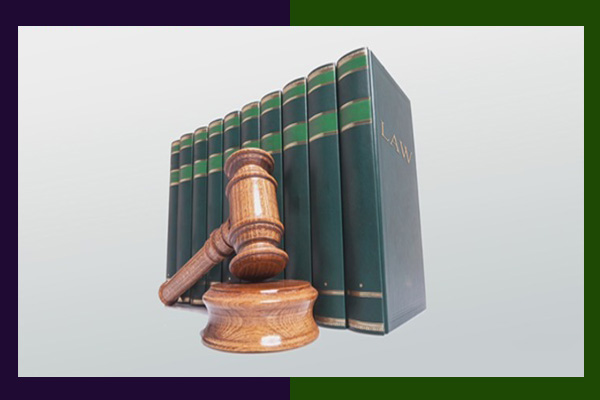August 05 – 07, 2024 & December 02 – 04, 2024
Venue: PIM, Karachi.
INTRODUCTION
The term “Office” was known to few and sundry in the ancient time but today it has become important part of our day to day life irrespective whether we are in Government or private sector. Equally important is the Office Procedures. Once laid down, it ensures smooth sailing of Office work and also minimise discretions. Who implement the Office Procedures in Government. Obviously, the Government Officials. If they are aware about Office Procedures, they get an edge on those who are ignorant.
OBJECTIVES
- To understand the basic concepts of Office Procedure and Government Official.
- To identify the needs for Office Procedures.
- To study the relevant Office Procedures and enhance awareness/knowledge in respective areas.
PROGRAM CONTENTS
- Constitutional provisions regarding definition of Federal/Provincial Governments.
- Important definitions and relevant provisions for disposal of business contained in the Federal Rules of Business 1973
- Broad Introduction to Secretariat Instructions (also relevant to Attached Departments).
- Detailed discussions on Office Procedures contained in Annex-E to Secretariat Instructions e.g. receipt of papers to their disposal, opening of letters to opening and maintaining of files and noting thereon.
- Forms of official communications (Office Memorandum, Memorandum, Letter, D.O. letter, U.O. reference, Office Order, Notification etc.) laid down in Secretariat Instructions and practice in vogue.
- Drafting skills, drafting of various forms of official communications
- Security of official communications.
- Procedure for grant of casual leave and sanctioning of leave.
- Important duties of drawing and disbursing officers.
- Basic concepts and Need for Office Procedures.
- Constitutional provisions regarding definition of Federal/Provincial Governments.
- Pakistan and its Territories –Provinces, Islamabad Capital Territory, FATA.
- Executive/ Federal Government, the President, Cabinet of Ministers headed by the Prime Minister.
- Constitutional requirement for framing of Federal Rules of Business.
- Important/relevant definitions e.g. Business, Ministry, Division, Attached Department, Subordinate Office and Section (basic Unit/Office) etc. contained in the Federal Rules of Business 1973.
- Other important/relevant provisions for allocation/disposal of business.
- Applicability of Secretariat Instructions in the Federal Secretariat and Attached Departments.
- Relationship among Constitution, Rules of Business and Secretariat Instructions.
- Level of Disposal of Cases.
- Introduction to Office Procedure contained in Annex-E of Secretariat Instructions.
- Receipt and Distribution of papers received in the Division(Department) including those addressed by name as well as on classified matters.
- Opening of all other letters and diarizing in the Central Registry/R & I Section
- Diarizing of receipts by Assistant
- Types of receipts not to be diarized.
- Categorization of receipts by Assistant
- Referencing of Previous Paper and linking of previous files.
- Use of labels of Residence/Immediate/Priority
- Noting on the files
- Use of recognized abbreviations.
- Pperusal of drafts.
- Typing and dispatch.
- Action after dispatch.
- Types of Official Communication in general
- Oral, Tele/Radio/Wireless, Written, Body language
- Main Forms of Official Communications
- Office Memorandum, Memorandum, Letter, D.O. Letter, U.O. reference, Office Order.
- Techniques of Drafting
- Drafting the various forms of communications.
- Security of Communications
- Classification of documents as top secret, secret and confidential
- Security of Fax Machines/Computers
- Publication/Non-publication of Official Communications
- As contained in Federal Treasury Rules, General Financial Rules.
- As contained in relevant rules/policies of the Federal Government.
METHODOLOGY
Guest Speaker’s Lectures, Perusal of non-classified Official Communication. Exercise (s)
PROGRAM SCHEDULE
The workshop is three-day program (9:00 pm to 4:00 pm).
LEARNING INVESTMENT
Rs 41,000/- learning investment includes; certificate, hands-on training, participant training kit, refreshment, lunch, and business networking.


Faisal Abbas (verified owner)
Good